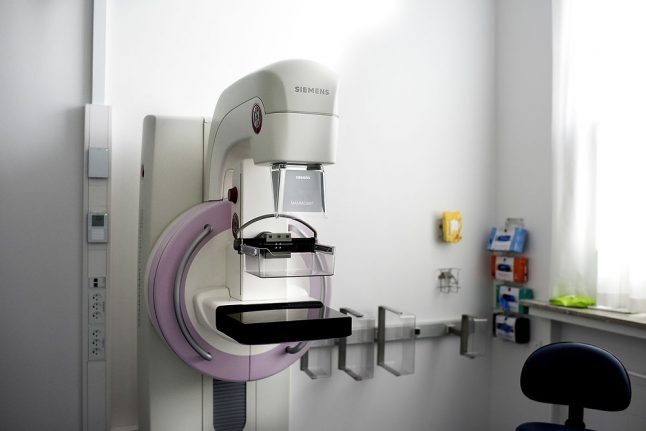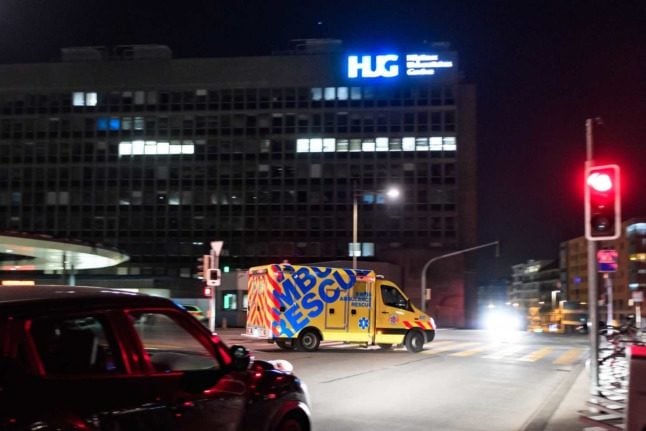Reports of inadequate breast cancer screening were up until now limited to Ringsted Hospital in the Zealand administrative Region.
But university hospitals in Aarhus (AUH) and Odense (OUH) may have also failed to follow national breast cancer screening guidelines, Jyllands-Posten reports, bringing two further healthcare regions – Central Jutland and South Denmark – under scrutiny over the issue.
At Aarhus University Hospital, women under 50 with a history of surgical treatment for breast cancer; and women with family risk factors for the condition are encompassed by the potentially inadequate screening.
National guidelines require regular examination using both X-ray and ultrasound along with examination by a doctor in order to rule out the disease.
But in 2016 and 2017, and possibly dating back to 2011, several hundred women were offered solely X-ray examination, the newspaper reports.
At Odense University Hospital, 299 women under the age of 50 who have family risk factors for breast cancer were, during a four-year period, examined using X-ray alone.
The choice of examination technique was made for “resource-related reasons”, according to records taken at a meeting of the Danish Radiological Mammary Diagnostics Society (Dansk Forening for Radiologisk Mammadiagnostik) in 2017. Representatives from the Central Jutland and South Denmark regional health boards were present, according to the report.
According to the Danish Patient Safety Authority (Styrelsen for Patientsikkerhed, DPSA), 1,049 women who reported pain in their breast were also given examinations which failed to comply with guidelines.
OUH has received a referral from the authority and will recall women affected by the issue for new and complete examinations.
The 299 women who have family risk factors for breast cancer will be offered full clinical mammography at their next annual check, OUH confirmed in a press statement.
Of the total of 911 women who reported breast pains, a selected group be recalled for mammography.
In the statement, OUH stressed that patients with clear, potential indicators of cancer were given “further investigations” in the form of clinical mammography.
Minister for Health Ellen Trane Nørby told Jyllands-Posten that the situation was “unacceptable”.
“This is a failure (on behalf of health services) and unacceptable that the Regions are not giving women the treatment to which they are entitled,” Nørby said.
The Danish Cancer Society (Kræftens Bekæmpelse) also criticized health authorities over the issue.
“An inquiry should be conducted into this. We now have a well-documented situation in Ringsted and apparently also situations in other Regions where there have been problems,” the charity’s CEO Jesper Fisker told Ritzau.
“(State) authorities should look into whether guidelines were adhered to in all locations. This is a matter of restoring confidence in the health service in this area,” he added.
READ ALSO: Breast cancer checks may have been inadequate for 300 women at Danish hospital



 Please whitelist us to continue reading.
Please whitelist us to continue reading.
Member comments